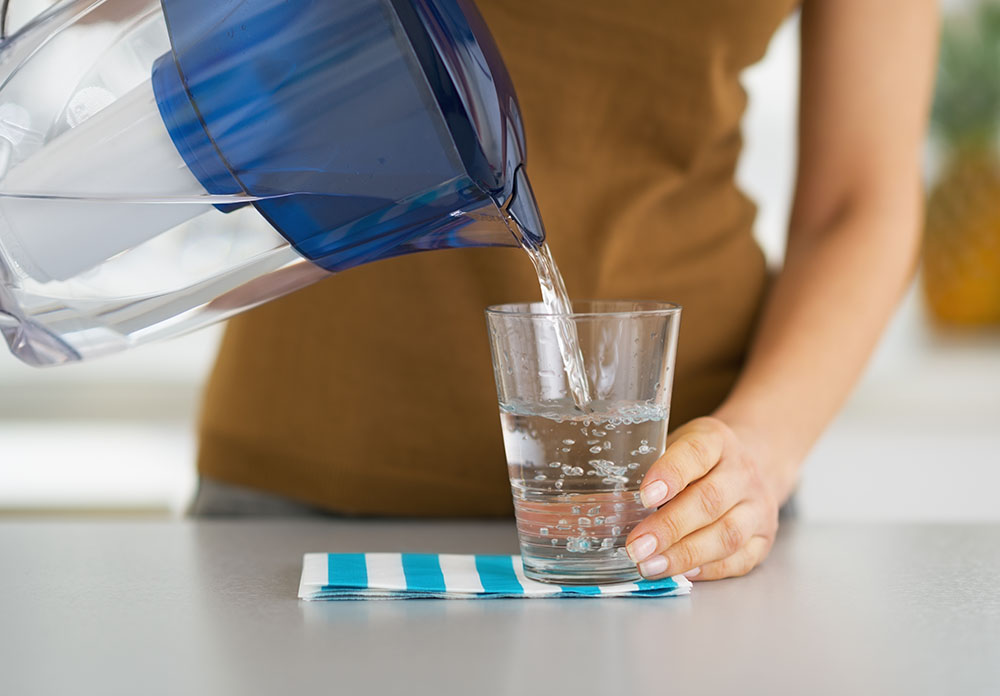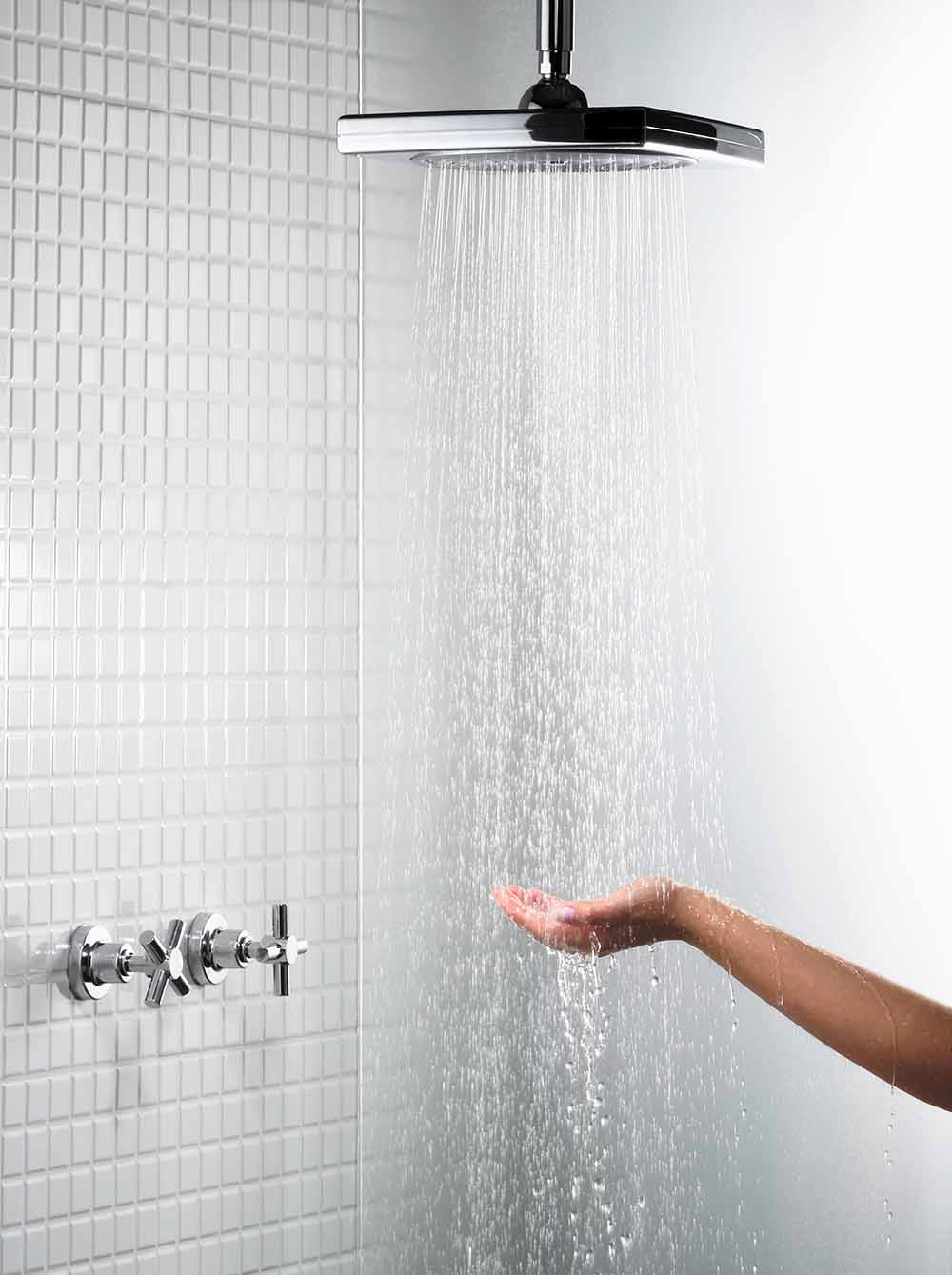A frequent ailment that many individuals suffer with on a regular basis is headaches. They can cause disruptions to your daily routine, ranging from mild discomfort to extreme intolerability. There are many different kinds of headaches, the most prevalent of which being tension headaches. Migraines are a form of headache that ranges from moderate to severe, but cluster headaches are intense and occur in groups, or clusters. There are several reasons why people get headaches, some of them being – insufficient sleep, dehydration, withdrawal from caffeine, alcohol consumption, inadequate intake of nutrients, inadequate nourishment.
Headaches can also be brought on by significant injuries and underlying medical conditions. As an illustration, catastrophic brain injury and potentially fatal illnesses like tumours and blood clots can cause headaches. Furthermore, some people are more susceptible than others to headaches. Individuals who have a family medical history of headaches are also more vulnerable to headaches.
The symptoms can be effectively treated with a variety of pharmaceuticals, but there are also several efficient natural remedies. Continue reading to find out about some efficient natural headache cures.

Drink plenty of water: Dehydration can cause headaches. Furthermore, dehydration can exacerbate symptoms by impairing attention and increasing irritation. Focus on consuming foods high in water, such as fruits and vegetables, and drinking adequate water throughout the day to help prevent dehydration headaches.

Eat enough food: If you haven’t eaten in a long time, low blood sugar may be the source of your headache. In addition to eating enough food overall and immediately afterward, eating a nutritious meal can also assist with headaches. For instance, the meals listed below that are high in the mineral magnesium may be particularly beneficial for treating headaches: walnuts and black beans, pumpkin and chia seeds, sprouts.
Ice your forehead: For temporary relief from a bothersome headache, try lying down and covering your forehead or eyes with an ice pack, cold compress, or damp washcloth.

Warm shower: Tension headaches may be relieved by taking a hot shower. If you have sinus pressure, the steam from the shower could be beneficial as well. According to a study, participants revealed that steam inhalation helped with their sinus headaches, but it was ineffective for treating the majority of sinus symptoms.
Manage your stress levels: Headaches are among the physical consequences of stress. Because there may be a connection between stress and posture, tension headaches are also known as muscle contraction or stress headaches. Frequent relaxation breaks away from stressful situations can be helpful in relieving headaches. Finding a calming pastime that you enjoy is the key; this may be anything from reading a book and going for a stroll to doing crafts or picking up a new interest.

Precaution in the sun: Prolonged exposure to sunlight might be a trigger for migraines. Headaches may be signs of heat exhaustion, a medical emergency. The following advice will help avoid heat-related headaches:
• Save your outside activities for the later parts of the day.
• Remain hydrated.
• Wear light, loose clothing, sunglasses, or a wide-brimmed hat
Refrain from overstimulating environments: Anything that is excessively bright, rapid, or showy is another major source of headaches. The best course of action is to attempt to stay away from environments like this as much as you can.
When to Speak with a Medical Professional
Not every headache requires medical attention. For headaches, though, you should consult a doctor when -
• It’s worst in the morning
• Modification in pattern or intensity based on what you’re used to
• Occurs frequently yet without reason
• Interferes with your ability to fall asleep or wake up
• Lasts more than a few days
Headaches might sometimes require emergency medical care. In the event that you have any of the following symptoms, get help right away:
• A terrible headache that interferes with your everyday activities for the first time in your life
• A headache that you think is the worst you’ve ever experienced
• A history of cancer and a recent headache
• An abrupt, excruciating headache
• A compromised immune system brought on by diseases or drugs
• A progressively growing headache in a day
• A headache that appears right away following sexual or physical exercise
• Headache from a brain trauma
• Headaches that recently started, particularly for those older than 50 years
• Headaches accompanied by other symptoms such as impaired speech, nausea, chewing discomfort, loss of balance, and changes in vision.